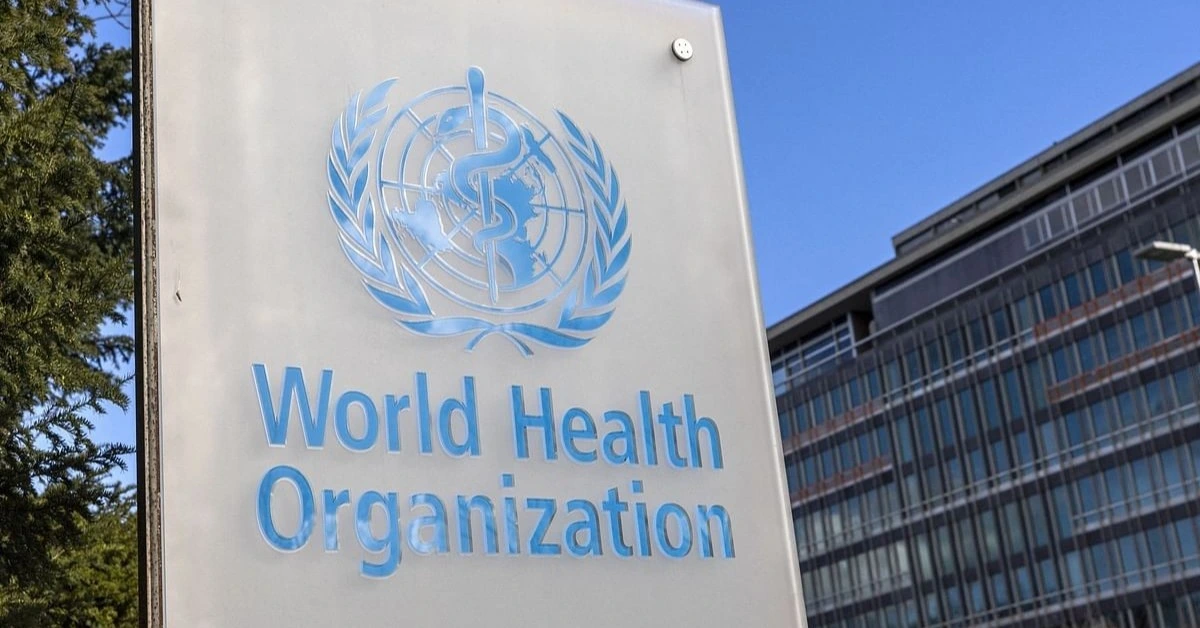
SWITZERLAND – The World Health Organization (WHO) is set to meet later this month to determine if the mpox outbreak in Africa continues to qualify as a public health emergency of international concern.
WHO Director-General Tedros Adhanom Ghebreyesus declared the outbreak an emergency in August, following a rise in cases in the Democratic Republic of the Congo (DRC) and other African nations.
As of November 3, 2024, there have been 11,148 confirmed mpox cases and 53 deaths across 19 countries, with the DRC, Burundi, and Uganda being the hardest-hit nations.
The virus, which spreads through close contact, causes flu-like symptoms and lesions, and can be fatal in rare cases.
The ongoing outbreak in Africa has led to 46,794 confirmed and suspected cases and 1,081 deaths this year, according to the WHO.
Despite some countries moving into the ‘controlled phase,’ others continue to report new cases.
The WHO and Africa CDC remain committed to supporting affected nations through vaccination, diagnostics, case management, and community engagement efforts.
The upcoming WHO meeting on November 22 will reassess whether mpox continues to pose a global public health threat and will provide guidance on next steps for affected countries.
Matshidiso Moeti, WHO’s regional director for Africa, emphasized the urgent need for “mpox vaccine preparedness and deployment plans” as traditional public health measures struggle to contain the outbreak.
“With the mpox vaccine supply constraints, countries will need to develop very targeted deployment plans, guided by local epidemiology,” Moeti added.
Targeted vaccine deployment and regional efforts
The WHO and Africa Centres for Disease Control and Prevention (Africa CDC) recently convened a meeting in Brazzaville, gathering experts and country representatives to discuss strategies for targeted mpox vaccine deployment.
This meeting, which took place from November 5 to 7, 2024, aimed to ensure that available vaccine doses are used efficiently in regions with high numbers of cases.
“Given the ongoing difficulties with bringing the outbreak under control using traditional public health measures, the need for effective mpox vaccine preparedness and deployment plans has become urgent,” said Moeti.
In response to this, countries such as Rwanda, DRC, and Nigeria have already received a total of 280,000 doses, with initial vaccination efforts underway.
As a result, over 50,000 doses have already been administered in DRC and Rwanda.
Meanwhile, the WHO, Africa CDC, and other global partners, including Gavi, UNICEF, and the U.S. CDC, are working together to help African countries control the spread of mpox.
Furthermore, the WHO added the MVA-BN vaccine to its prequalification list in September 2024, facilitating greater access to the vaccine.
However, despite these efforts, vaccine supply remains limited, and countries are focusing on prioritizing at-risk populations.
Dr. Jean Kaseya, Director-General of Africa CDC, praised the swift actions of African countries, stating, “The swift actions of countries across Africa to roll out targeted mpox vaccination strategies reflect an extraordinary commitment to protect those most vulnerable.”
XRP HEALTHCARE L.L.C | License Number: 2312867.01 | Dubai | © Copyright 2025 | All Rights Reserved